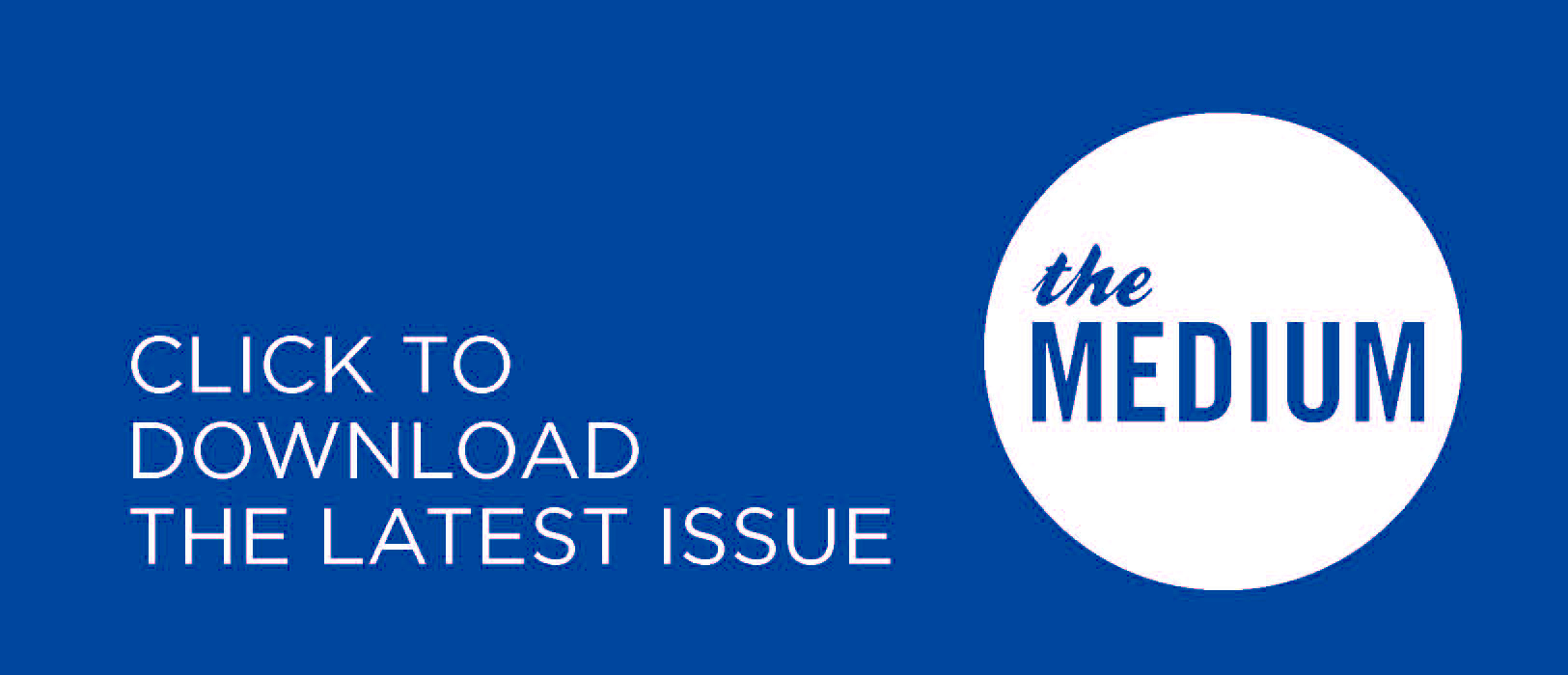- Its about us Muslim women. Again
- Article by Ruqayyah Ahdab on October 26, 2009
Todays plunging necklines and stacked bangles are flashbacks to pre-Islamic Arabia where women walked around heavily ornamented and bare-breasted. Pre-marital sex, multiplicity of partners and a highly sexualized culture was the norm. The advent of Islam reintroduced a code of conduct that emphasized modesty, marriage, lineage, beautiful character and human rights. Each morning, women choose to either cover or bare something or the other. It seems that to be liberated, women must bare all. But for at least a few millennia, women of various religions choose to cover their bodies to ensure their feminine grace and modesty.
The veil is not only a sign of dignity, but a common element of religious practice for devout women. It successfully introduces a de-sexualized public sphere which does not inhibit sexuality but rather grants it a defined place in day-to-day life. Modest dress neutralized sexual differences between males and females, allowing them to rise above primal distinctions.
The command for women to cover their heads is unambiguously stated in the Quran. Therefore, any claim that the head-covering is not commanded in the Quran, or the face-veil an un-Islamic patriarchal concept, should be disregarded as fallacious. Moreover, it is ridiculous to claim that forms of the veil in Islam are a patriarchal legislation. God is the One who legislates, and God does not have a gender.
As the Cambridge scholar T. J. Winter says, [a] woman who exposes her charms in public is vulnerable to what might be described as visual theft, so that men unknown to her can enjoy her visually without her consent. The claim that the veil or the face-veil reduces a woman to a vulnerable passive object is baseless since it very clearly does the opposite.
The Canadian public sphere has afforded every individual the right to freedom of thoughtand expression. The woman who veils her face is hence neither barbaric nor stupid.
If face-veils and burkas have led to bank heists, a simple metal detector would solve that problem. To claims that the burka is a symbol of Saudi-inspired Islamic extremism, the burka, niqab or the chador are simply cultural and geographical adaptations of the face-veil. If a country chooses to enforce the burka, that is an offense on their part. But if a woman chooses to wear it, then that should be her choice, regardless of its negative associations.
Lastly, what truly is an insult to the female gender is stipulating what she can and cannot wear in a free country if she so chooses to. A modestly covered woman is simply neutralizing her sexual difference. In light of this, the Muslim Student Association at UTM unanimously takes a stance against the call for legislation to ban the face-veil. It emancipates itself from any representation by the Muslim Canadian Congress.
Ruqayyah Ahdab
Vice-President, MSA
Tags: burqa, female, Hot Topic, MSA, muslim, volume-36-issue-6, volume-36-issue-7, Women
Related
Hot Topics
- Halloween Pub posts record sales
- Article by Sheri Veibl
UTMSU hosted the annual Halloween Pub last Thursday night where students in a wide variety of costumes crowded the Blind Duck Pub.
- Read more in Hot Topics
News
- Parking deck expansion planned for 2015
- SEC hosts pub night for AIDS awareness
- UTMSU’s silent AGM
- Read more in News
A&E
- Pass the glass eyes, please
- Best. Music. Ever.
- The style list
- Read more in A&E
Features
- Kwanzaa and you
- Going home for the holidays? Lucky!
- Are ya listening?
- Read more in features





READ MORE